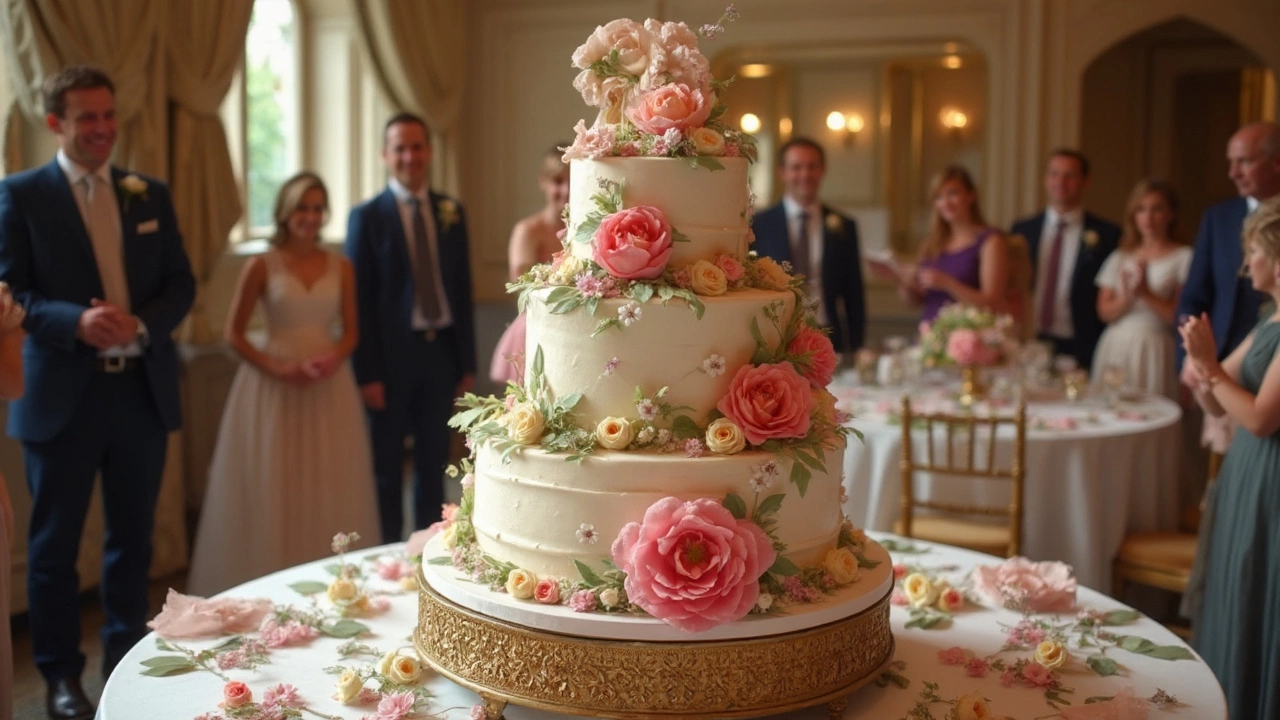Dummy Cakes: Quick and Simple Homemade Desserts
Ever heard the term “dummy cake” and wondered what it means? It’s not a fancy pastry name – it’s a short way of saying an easy, no‑fuss cake you can throw together with pantry staples. Think of it as a go‑to recipe for when you need a dessert fast, without hunting down specialty ingredients.
What Makes a Cake a “Dummy”?
A dummy cake is basically a basic sponge or butter cake that uses simple steps. The goal is to keep the ingredient list short, the method straightforward, and the result reliably good. You’ll often see flour, sugar, butter, eggs, and a leavening agent like baking powder. Optional add‑ins like cocoa, vanilla, or fruit let you change the flavor without extra work.
How to Make a Simple Dummy Cake in 30 Minutes
Here’s a fool‑proof recipe you can customize. Preheat your oven to 180°C (350°F) and grease a 20 cm (8‑inch) round tin.
Ingredients:
- 150 g plain flour
- 150 g caster sugar
- 150 g softened butter
- 3 large eggs
- 2 tsp baking powder
- 1 tsp vanilla extract (or 2 tsp cocoa for chocolate)
Method:
1. Beat the butter and sugar together until light and fluffy – this adds air and makes the cake rise.
2. Add the eggs one at a time, mixing well after each.
3. Stir in the vanilla or cocoa.
4. Sift the flour and baking powder, then fold them into the wet mixture gently. Over‑mixing can make the cake dense.
5. Pour the batter into the prepared tin, smooth the top, and bake for 25‑30 minutes. A skewer inserted in the centre should come out clean.
Let the cake cool on a rack for 10 minutes, then turn it out. You can dust it with icing sugar, spread a simple jam, or drizzle chocolate – whatever you like.
Because the recipe is flexible, you can add a handful of chopped nuts, a splash of milk for extra moisture, or a pinch of cinnamon for warmth. The basic structure stays the same, so you’ll always end up with a light, tasty cake.
If you’re baking for a crowd, double the recipe and use two tins. The baking time stays close to the original; just keep an eye on the colour. A slightly golden top means it’s done.
One common mistake is opening the oven door too early. The sudden temperature drop can cause the cake to sink. Trust the timer, and only check at the end.
Dummy cakes are perfect for last‑minute celebrations, a sweet snack after work, or a base for more elaborate desserts like trifle. Keep the recipe on hand – you’ll thank yourself when a surprise guest shows up.
So next time you need a quick cake, remember the dummy cake method: simple ingredients, easy steps, delicious results. Happy baking!

